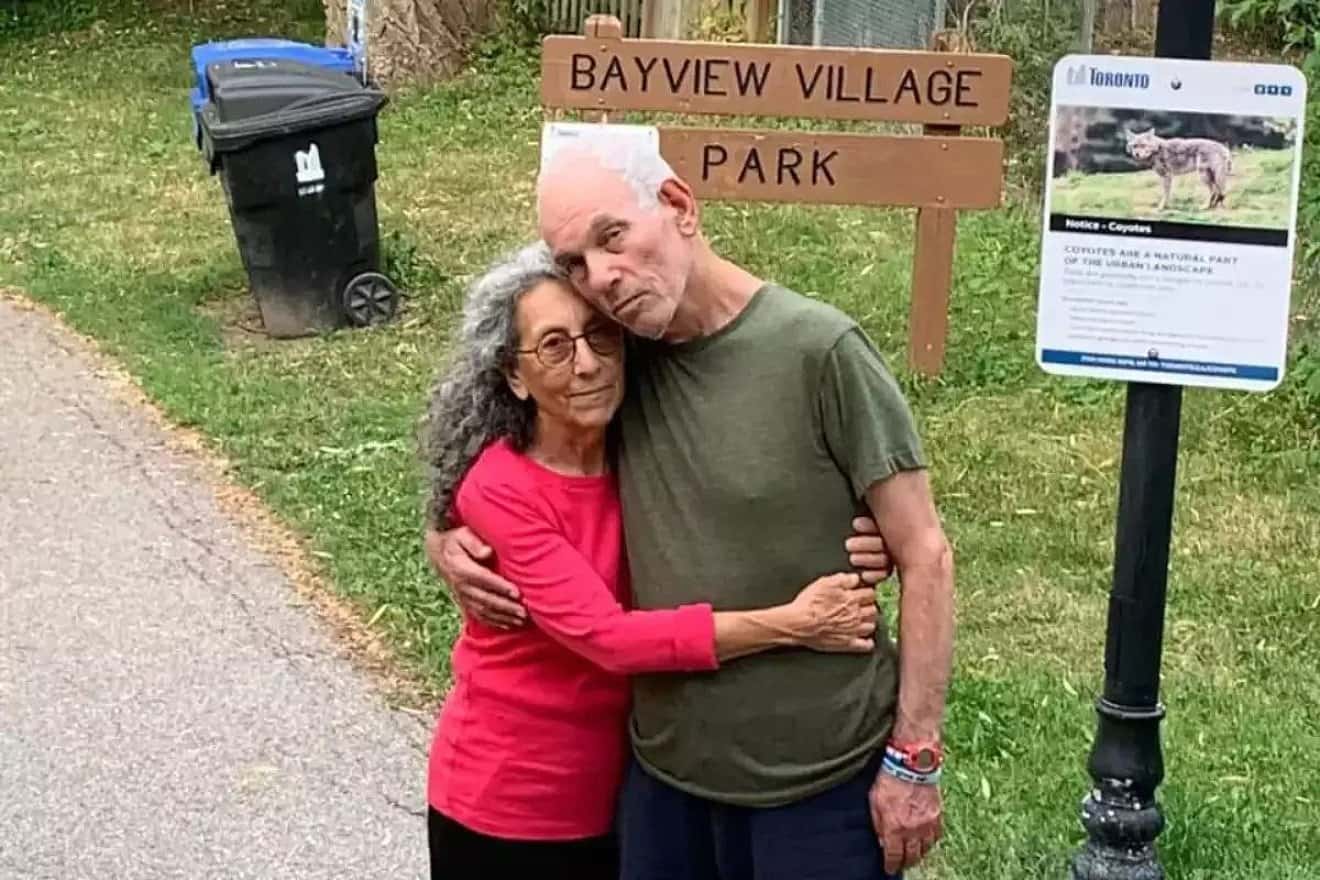Although Alzheimer’s affects the brains of different people in
different ways, caregivers often divide the disease’s progress
into three general phases: early-stage, middle-stage, and
late-stage. However, many medical professionals use the
more precise Global Deterioration Scale (GDS) developed
by Dr. Barry Reisberg at New York University — which divides
Alzheimer’s-related cognitive decline into seven stages
(or “levels”). Some of these levels can overlap — but even
so, a clearer understanding of the GDS as a whole will help
you adapt your care to your loved one’s changing needs, and prepare for the
stages to come. So let’s take a closer look at Reisberg’s
system.
Stage 1: Normal (no cognitive decline)
The first signs of Alzheimer’s can be tough to spot, because
they begin deep inside the brain, and may not immediately
affect memory or behavior. The disease’s early signs can
show up on a PET scan, which detects changes in blood flow
within the brain. However, since PET scans are far more
expensive and time-consuming than an office visit, many
doctors prefer to test for Alzheimer’s using verbal and visual
exams — which a person in stage 1 may pass
with flying colors. That means many people with Alzheimer’s only
receive an accurate diagnosis after their loved ones start to
notice forgetfulness and behavior changes — and by that
point, the disease has already progressed into its second
stage.
Stage 2: Very mild cognitive decline (age-associated
memory impairment)
At this stage, it can be tricky to distinguish Alzheimer’s from
normal age-related forgetfulness. You may notice that your
loved one misplaces objects more than usual, occasionally
draws a blank on people’s names, and sometimes forgets
whether they’ve completed certain errands or chores. Still,
they’ll likely perform well on a verbal memory exam, and may
try to downplay any concerns about a more serious problem.
But while Alzheimer’s can be a scary diagnosis to face up to,
now’s the time to open a dialogue about that possibility, and
start putting together a plan.
Stage 3: Mild cognitive decline (mild cognitive
impairment)
People with Alzheimer’s often experience difficulties with
concentration before they experience significant memory loss.
In stage 3, you may notice that your loved one has trouble
tuning out distractions and staying focused on conversations.
They may struggle to follow the plots of movies and TV
shows, and forget information they’ve just heard or read.
These issues can be embarrassing for your loved one, who
may try to cover up the problem with saving appearance
responses (SARs) like, “Right, of course; I knew that.” This is
a crucial time to reassure your loved one that nothing’s going
to change your love and respect for them.
Stage 4: Moderate cognitive decline
(mild dementia)
While some people use the words “Alzheimer’s” and
“dementia” interchangeably, it’s important to understand the
distinction between the two. In the early stages of Alzheimer’s
disease, many people experience only mild cognitive
impairment. Dementia, on the other hand, is a loss of mental
function severe enough to interfere with a person’s daily life
— and it only occurs in the later stages of Alzheimer’s.
Stage 4 is defined by mild symptoms of dementia; for
example, your loved one may have trouble remembering
what month or season it is, and struggle with cooking,
cleaning, and using the phone. Their denial about these
issues will likely intensify, and may even erupt in aggressive
outbursts that seem very out-of-character. Don’t take this
anger personally — but recognize that your top priority is to
keep your loved one safe. (2 years)
Stage 5: Moderately severe cognitive decline
(moderate dementia)
From this point onward, your loved one will need assistance
with tasks like choosing outfits and keeping appointments. In
stage 5, they’ll still be able to eat, bathe and use the restroom
on their own, and they’ll remember the names of familiar
people. However, they may struggle to recall their address,
phone number, and other personal details; and they may
become confused when asked to make a choice or answer a
question. You can help by laying out clothes, preparing meals,
and writing helpful information on a whiteboard — then
stepping back to let your loved one follow a fairly independent
daily routine. (1 1/2 years)
Stage 6: Severe cognitive decline (moderately severe
dementia)
By this stage, your loved one will likely need assistance with
bathing, getting dressed, and using the restroom. They’ll be
unable to remember most recent events — though they may
enjoy telling stories from their childhood. However, they’ll
sometimes become confused about the identities of familiar
people (thinking their children are their siblings, for example),
and may even have trouble remembering who you are. In
some cases, they may experience delusions, paranoia, and
hallucinations. As heartbreaking as this can be, it’s crucial to
remember that it’s even more upsetting for your loved one.
One of the best ways to calm their anxiety is to revisit happy
memories of the past, by looking through old photos, playing
familiar music and reading from their favorite books. (2 1/2
years)
Stage 7: Very severe cognitive decline (severe
dementia)
When your loved one reaches stage 7, they’ll need significant
help with basic actions like walking, eating, swallowing and
sitting up. Most of their communication will be non-verbal,
and they may not be able to recognize when they’re hungry
or thirsty. Sometimes, it may be hard to tell whether they’re
aware of your presence at all. As much as you may want to
continue taking care of your loved one, it may become
increasingly clear that full-time professional help is necessary.
However, this doesn’t have to mean moving your loved one
out of the home. Many families choose to hire in-home nurses and/or hospice caregivers,
who specialize in keeping people with late-stage Alzheimer’s
as comfortable as possible. (2 1/2 years)




No comments:
Post a Comment